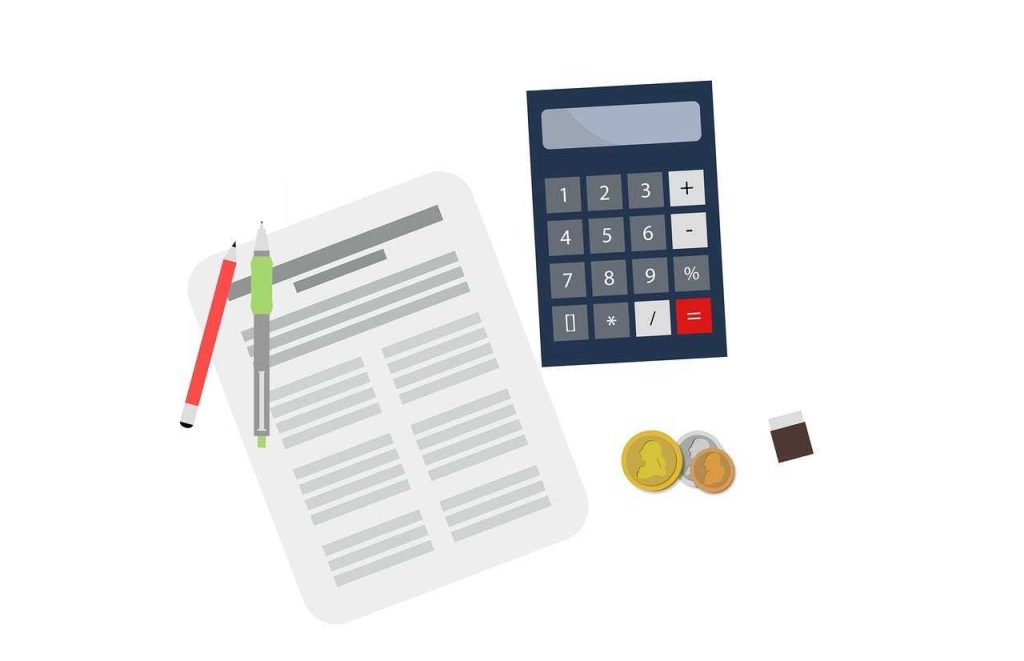Dave Ramsey, a well-known personal finance expert, has developed a set of budget guidelines that help individuals and households manage their finances effectively.
His approach, often referred to as the “zero-based budget,” encourages giving every dollar a purpose. Ramsey’s recommended budget percentages are designed to help people maintain financial balance and avoid debt while working toward financial freedom.
Below, we’ll break down Dave Ramsey’s suggested percentages and explain how you can apply them to your modern household, helping you gain control of your money.

1. Housing (25-35%)
Ramsey recommends allocating 25-35% of your monthly income toward housing costs. This includes rent or mortgage payments, property taxes, insurance, and any maintenance or repairs. For homeowners, this category can also cover utilities like water, electricity, and internet, although some prefer to budget those separately.
Why It’s Important:
Your home is likely your most significant monthly expense, and keeping housing costs within this range ensures that you’re not overspending and leaving yourself strapped for cash in other areas. If you’re spending more than 35%, it might be time to reassess your living situation or consider refinancing options.
2. Utilities (5-10%)
Utilities include services like electricity, water, natural gas, garbage collection, and even phone or internet service. Ramsey suggests setting aside 5-10% of your monthly income for these expenses. Tracking your utility usage and adjusting your consumption habits can help keep costs down and within this budgeted range.
Why It’s Important:
Staying mindful of utility costs helps ensure you don’t overspend in areas you can control, like turning off unused lights, reducing water waste, or opting for energy-efficient appliances.
3. Food (10-15%)
Food is an essential expense, but Ramsey suggests keeping grocery and dining out costs between 10-15% of your monthly income. For many households, meal planning and smart shopping can make it easy to stick to this range without sacrificing quality.
Tip:
Focus on cooking at home rather than dining out, as home-cooked meals are often significantly cheaper. Creating a weekly meal plan can also help reduce impulse grocery purchases and food waste.

4. Transportation (10-15%)
Transportation costs include car payments, gas, insurance, maintenance, and public transportation fees. Ramsey recommends spending 10-15% of your income on transportation. If you’re spending more, consider ways to cut back, like using public transportation, carpooling, or even downsizing to a more affordable vehicle.
Why It’s Important:
Owning a car can be a significant expense, but overextending yourself on car payments or high insurance rates can strain your budget. Keep your transportation costs manageable so that they don’t derail your financial progress.
5. Health Insurance (5-10%)
Health insurance is crucial for protecting you from unexpected medical expenses, and Ramsey suggests allocating 5-10% of your income for premiums, copays, and other medical expenses. It’s important to have adequate coverage that fits your needs without spending too much of your income in this category.
Why It’s Important:
Medical costs can be unpredictable, and a good health insurance plan ensures that you won’t face financial ruin if an unexpected illness or injury occurs. Budgeting for health insurance is an investment in your well-being and financial security.
6. Insurance (10-25%)
Beyond health insurance, Ramsey advises budgeting 10-25% of your income for other types of insurance, including life insurance, auto insurance, homeowner’s or renter’s insurance, and any necessary disability or long-term care insurance. While these may seem like hefty expenses, adequate insurance protects your financial future.
Why It’s Important:
Having the right insurance coverage can be a financial lifesaver in case of accidents, natural disasters, or unforeseen circumstances. Make sure you shop around for the best rates and policies that suit your needs.
7. Savings (10-15%)
Ramsey encourages households to save 10-15% of their monthly income. This could include retirement savings, emergency funds, or other long-term goals such as saving for a house, car, or vacation. Ideally, you should prioritize saving for retirement and building a three to six-month emergency fund.
Tip:
Automate your savings by setting up direct transfers into your savings or investment accounts. This ensures you’re consistently contributing without having to think about it every month.
8. Giving (10%)
Ramsey’s budgeting philosophy emphasizes the importance of giving back, whether to your church, charity, or community. He suggests setting aside 10% of your income for giving. This principle is rooted in the idea that generosity not only helps others but also fosters a positive mindset about money and abundance.
Why It’s Important:
Giving helps you stay connected to your values and community, and it can also have a positive impact on your mental and emotional well-being. Contributing to causes you care about reinforces a sense of purpose beyond financial gain.

9. Debt Repayment (Varies)
If you have outstanding debt, Ramsey recommends using the “debt snowball” method to pay it off aggressively. This means focusing on paying off the smallest debts first while making minimum payments on larger ones, and then rolling that payment into the next debt until all debts are eliminated.
The percentage of your budget dedicated to debt repayment will vary based on your circumstances, but Ramsey advises against carrying long-term consumer debt, such as credit card balances or high-interest loans.
Tip:
Aim to keep your debt payments below 10-15% of your income if possible. The sooner you pay off debt, the more freedom you’ll have to direct your income toward savings, investments, and other financial goals.
10. Personal Spending (5-10%)
Everyone needs some room in their budget for fun and personal enjoyment. Ramsey suggests allocating 5-10% of your income for personal spending, which could include entertainment, hobbies, clothing, or dining out.
Why It’s Important:
It’s important to enjoy your money responsibly. By budgeting for personal spending, you give yourself permission to indulge within reasonable limits, reducing the likelihood of impulse purchases or financial regret.

11. Miscellaneous (5-10%)
Lastly, Ramsey advises budgeting 5-10% of your income for miscellaneous expenses. This can include anything unexpected that doesn’t fit neatly into other categories, like gifts, repairs, or one-off purchases. This category gives you some financial flexibility while ensuring that surprises don’t derail your overall budget.
Why It’s Important:
Life is full of surprises, and having a small cushion for unplanned expenses helps keep your budget intact without constantly dipping into savings or other categories.
Conclusion
Dave Ramsey’s recommended budget percentages provide a practical framework for managing household finances. By following these guidelines, you can allocate your income effectively across essential categories, pay off debt, save for the future, and enjoy your hard-earned money responsibly. It’s important to regularly review and adjust your budget based on your changing financial situation, ensuring that you remain on the path toward financial freedom and security.
Sticking to these suggested percentages helps you stay on track with your financial goals while maintaining a balanced approach to spending, saving, and giving.

